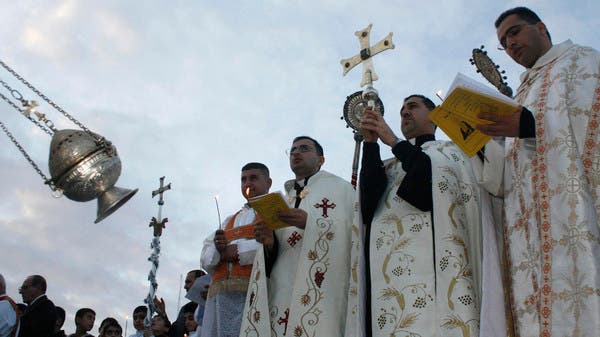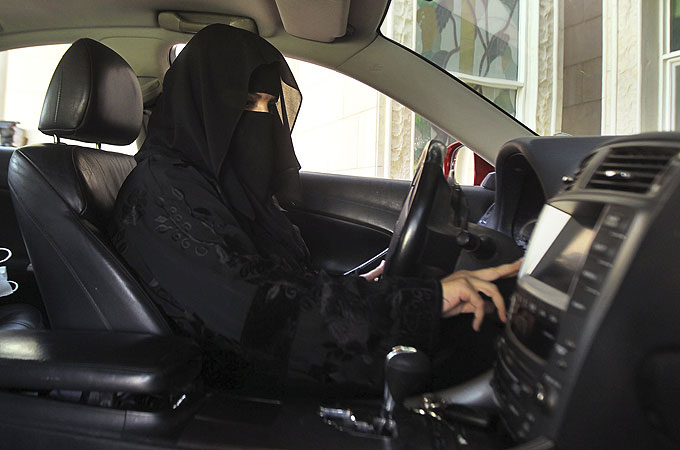
The victim of a violent gang rape has been sentenced by a Saudi Arabian court to 200 lashes and six months in jail for the crimes of speaking to the press and indecency.
According to Sharia Law, a Saudi Arabian woman must be accompanied by a male guardian at all times in public, something the 19 year old victim did not obey when she went to meet a friend, according to website Live Buddhism.
While in a car with a student friend, retrieving a picture, two men got into the vehicle and drove them to a secluded area. She said she was raped there by seven men, three of whom also attacked her friend.
The Shi’ite Muslim woman had initially been sentenced to 90 lashes after being convicted of violating the Kingdom’s religious diktats on segregation of the sexes, where woman are treated as second class citizens.
After the sentences were handed down following the rape in 2006, which included lenient custodial sentences for the men guilty of the violent crime, the woman’s lawyer appealed to the Saudi General Court. But instead of choosing to overturn the punishments for being the victim of a crime, the court more than doubled her sentence. At the same time, they also roughly doubled the prison sentences for the seven men convicted of raping her, according to Saudi news outlets.
Abdul Rahman al-Lahem, who defended the woman, reached out to the media after the sentences were handed down. The court has since banned him from further defending the woman, confiscating his license and summoning him to a disciplinary hearing later this month.
Saudi Arabia defended the controversial decision to punish the victim, saying that she was at fault for being out without a male friend, something which was met with international outcry.
“The Ministry of Justice welcomes constructive criticism, away from emotions,” it said in a statement.
The statement also said that the “charges were proven” against the woman for having been in a car with a strange male, and repeated criticism of her lawyer for talking “defiantly” about the judicial system, saying “it has shown ignorance.” They also added that the sentence was increased because the victim had spoken to the media. “For whoever has an objection on verdicts issued, the system allows to appeal without resorting to the media,” a statement on the official Saudi Press Agency said.
Politicians from the West reacted angrily to the news, with Jose Verger, the Canadian minister responsible for women, calling it “barbaric” and saying the country would complain to Saudi authorities.
U.S. State Department spokesman Sean McCormack said, “I think when you look at the crime and the fact that now the victim is punished, I think that causes a fair degree of surprise and astonishment. It is within the power of the Saudi government to take a look at the verdict and change it.”
UK political activist Angharad Yeo, who is half Saudi and has campaigned against violation of women’s rights at home and abroad. said it “sends a clear message that women are not valued and only seen as a possession.”
The UKIP member described the ruling as “disgusting”, adding that a woman was being punished “because men in Islam are weak and pathetic and hide behind Islam. What message does that send to young women?” she asked.
“You can’t ever protect yourself and your well being is a lottery. Should you be unfortunate enough to be assaulted, expect for it to be your own fault.”
The New York based Human Rights Watch said the verdict “not only sends victims of sexual violence the message that they should not press charges, but in effect offers protection and impunity to the perpetrators.”


_LRG.jpg)












